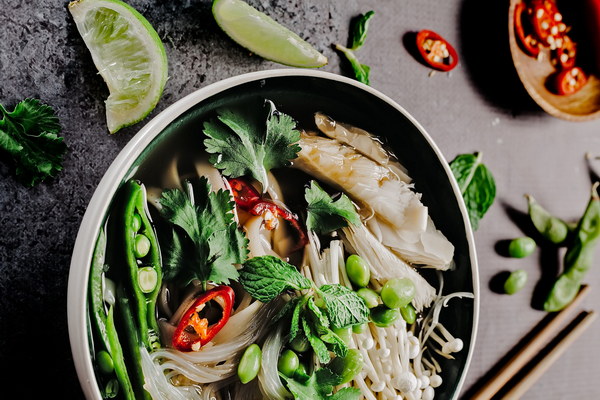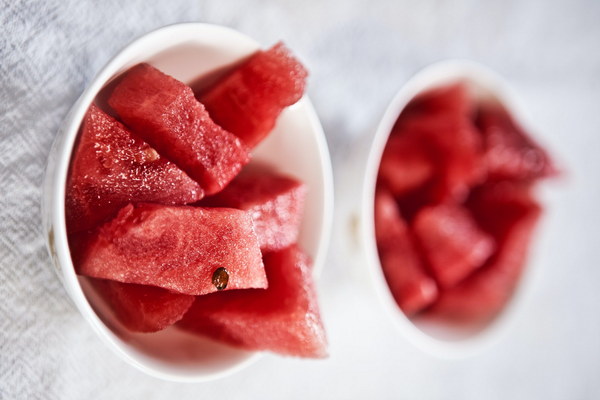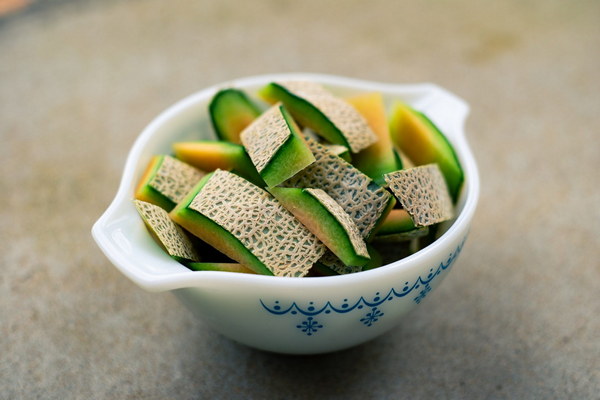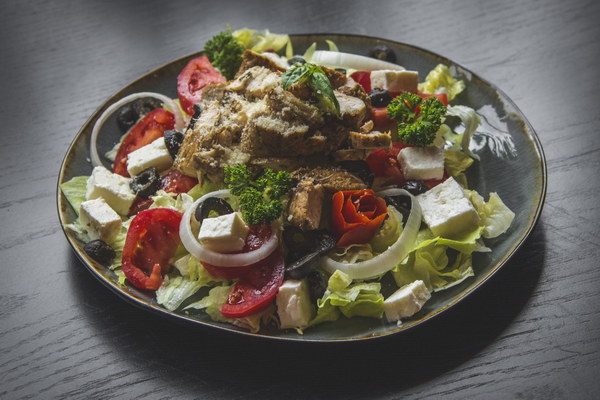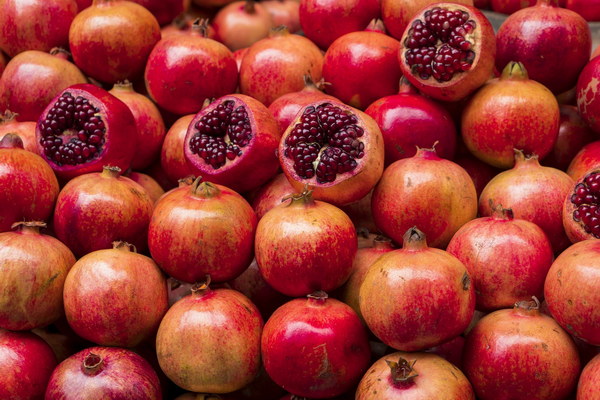Who Are the Main Recipients of Traditional Chinese Medicine's Culinary Herbs
Traditional Chinese Medicine (TCM) has long been revered for its holistic approach to health and wellness, utilizing a variety of natural ingredients to promote balance and healing within the body. One of the most fascinating aspects of TCM is the use of culinary herbs, which are not only used for culinary purposes but also for their medicinal properties. This article delves into the main recipients of these culinary herbs in TCM, highlighting the diverse groups that benefit from this unique blend of flavors and wellness.
1. Elderly Individuals
Elderly individuals often face health challenges that can be addressed through the use of TCM culinary herbs. These herbs help to boost the immune system, improve circulation, and enhance overall vitality. Common herbs used for the elderly include goji berries, astragalus, and ginseng, which are believed to improve energy levels, memory, and longevity.
2. People with Weak Immune Systems
TCM culinary herbs are highly effective for individuals with weakened immune systems. Herbs like echinacea, eleuthero, and shiitake mushrooms are known for their immune-boosting properties, helping to ward off infections and diseases. These herbs are often incorporated into soups, stews, and teas, making them easily accessible and enjoyable for those in need of immune support.
3. Women During Menstruation

For women experiencing menstrual discomfort, TCM culinary herbs can provide relief. Herbs such as chaste tree berry, red clover, and crampbark are known for their ability to alleviate menstrual cramps, regulate hormone levels, and reduce PMS symptoms. These herbs are often included in herbal teas or incorporated into recipes, offering a natural alternative to over-the-counter pain relievers.
4. Individuals with Chronic Conditions
Chronic conditions such as diabetes, hypertension, and arthritis can be managed with the help of TCM culinary herbs. Herbs like cinnamon, turmeric, and ginger have been shown to have anti-inflammatory, antioxidant, and blood sugar-regulating properties. Incorporating these herbs into everyday dishes can help alleviate symptoms and promote overall health.
5. Pregnant Women
Pregnant women can benefit from the gentle and nourishing properties of TCM culinary herbs. Herbs like lemon balm, peppermint, and red raspberry leaf are commonly used to support a healthy pregnancy. These herbs can be consumed in tea or added to recipes, providing a safe and effective way to address common pregnancy-related issues such as morning sickness, heartburn, and anxiety.
6. Athletes and Fitness Enthusiasts
Athletes and fitness enthusiasts can also benefit from TCM culinary herbs. Herbs like rhodiola, cordyceps, and ginkgo biloba are known for their ability to enhance energy levels, improve endurance, and boost cognitive function. These herbs can be incorporated into pre-workout meals, smoothies, or teas to help maximize performance and recovery.
7. Individuals Seeking Natural Remedies
For those who prefer natural remedies over conventional medication, TCM culinary herbs offer a safe and effective alternative. These herbs can be used to treat a wide range of ailments, from common colds and flu to chronic diseases. By incorporating these herbs into their diet, individuals can enjoy the benefits of TCM without relying on synthetic drugs.
In conclusion, TCM culinary herbs are a versatile and beneficial addition to the diet of many individuals. From the elderly and those with weakened immune systems to pregnant women and athletes, these herbs have the potential to improve health, enhance well-being, and promote longevity. By exploring the diverse range of TCM culinary herbs, individuals can discover the perfect blend of flavor and wellness for their unique health needs.
